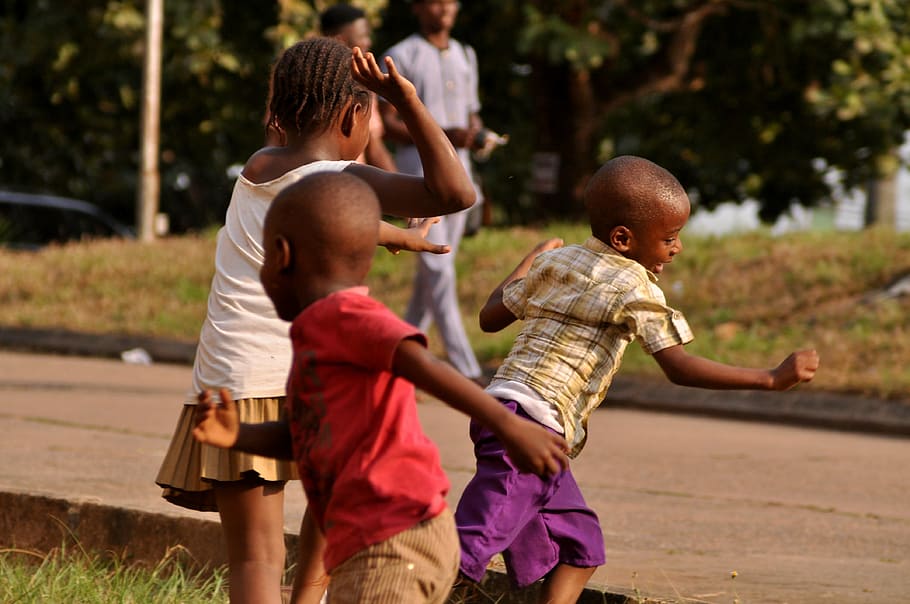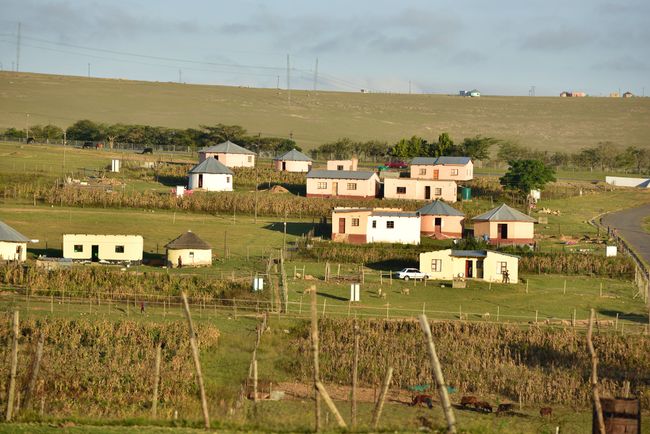Professor Azzi-Lessing Works with South African Researchers to Improve Home-Visiting Services in Eastern Cape Province

At a conference held in Cape Town, South Africa for the nation’s social work educators, clinical professor Lenette Azzi-Lessing joined South African researcher and professor Kim Schmidt to present findings from their study on the experiences of home-visitors working with some of that nation’s most vulnerable families.
Early childhood development (ECD) home-visiting, a model of care that brings an array of services directly to young children and their families, is a key strategy embraced by the South African government to ensure the equitable delivery of ECD services nationwide. These programs seek to promote optimal child development by offering support and parent/caregiver training and mentoring to families with young children.
Although home-visiting programs have shown promise in communities around the world, challenges remain. In South Africa’s Eastern Cape Province, where Azzi-Lessing and Schmidt conducted a focus group with young social workers serving as home visitors, 70% of young children live in poverty. The home visitors they interviewed described numerous barriers to successful implementation of their program, including inadequate housing, insufficient food, and a lack of physical and behavioral health care resources in the extremely poor communities they serve.

“Young children are the future of the world, but in so many countries, including South Africa and the United States, they’re the most economically disadvantaged age group,” Azzi-Lessing says.
The home visitors involved in the study reported that the most difficult aspect of their work was the frequent incidence of child maltreatment in the families they served. The study notes that the neglect and abuse observed was often the result of families’ extreme poverty in combination with the presence of other risk factors including parents’ young age, children’s disabilities, and/or the presence of HIV/AIDS.
In conducting the focus group, Azzi-Lessing and her South African colleagues were looking to identify areas of improvement that can be targeted both by South Africa’s NGO’s and the educational institutions training its home-visiting workforce. An encouraging finding of the study was the home visitors’ ability to find strengths in the families they served, despite the challenges these families face. Several reported feeling gratified in their roles as change agents within the communities in which they were working.
For Azzi-Lessing, the path to trans-global social work practice began eight years ago during her tenure at Wheelock College, when the college began engaging with South African institutions through South Africa Partners, a Boston-based NGO.
At the University of Fort Hare (UFH) – a historically black university in the Eastern Cape and the alma mater of Nelson Mandela – Azzi-Lessing worked with Schmidt and colleagues, including those at Wheelock, to develop an educational framework for ECD and family support. The project led to the creation of a four-course graduate certificate program in early childhood development and family support in the South African context from which the university is now creating full-scale degree programs. It also led to the publication of a textbook on working with young children and their families in South Africa, which was co-authored by Azzi-Lessing and numerous South African colleagues.

“The world is so much smaller now because of technology and easy travel, and some of the biggest problems we have to solve in social work are fairly universal,” Azzi-Lessing says. “We need to share expertise and learn from one another.”
After returning from her most recent visit to South Africa, Azzi-Lessing reflected happily on her experiences there, emphasizing the collaborative nature of her work with Schmidt and colleagues at UFH and beyond. Here in the US, she observes, it is vital to bring a global perspective to the classroom in order to prepare our students for work in an increasingly globalized environment.
“I’ve always felt,” said Azzi-Lessing, “that the amount I learn from working in another country is so much greater than whatever expertise I might have to share.”
Before working as a clinical professor at BU School of Social Work and as a professor at Wheelock College, Azzi-Lessing spent 25 years as a social worker, administrator, and policy advocate, during which time she founded the Rhode Island Center for Children At-Risk (now called Children’s Friend). She is the author of numerous articles and other publications, including the book, Behind from the Start: How America’s War on the Poor is Harming Our Most Vulnerable Children, published by Oxford University Press.
Article by Lily Rothman, BUSSW Staff